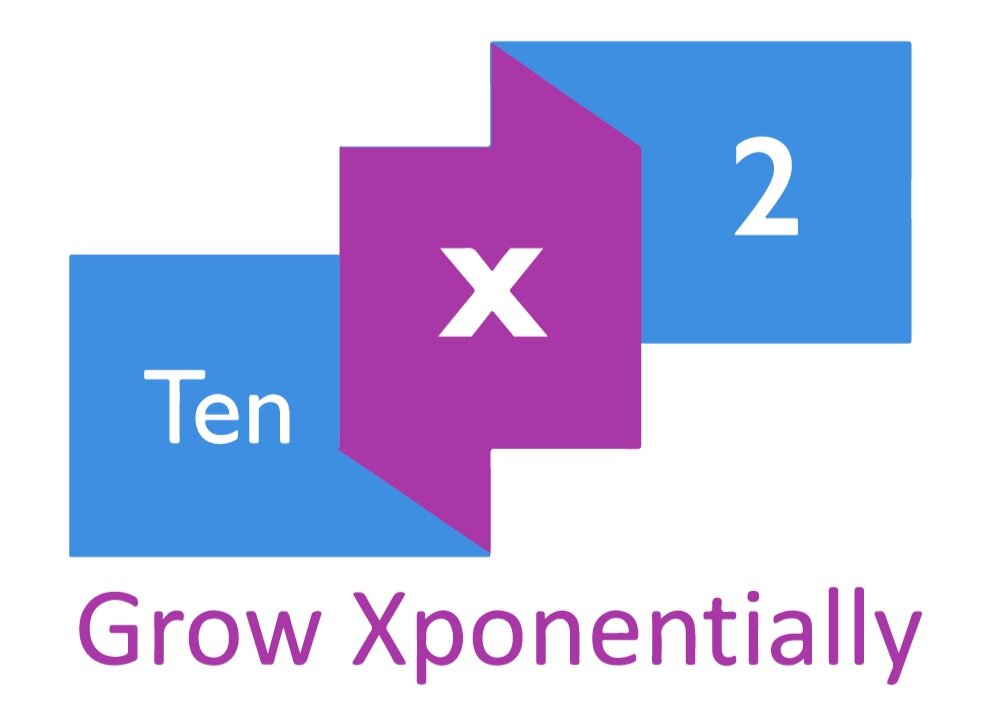What are the Key Factors to Evaluate AI Readiness?
What are the Key Factors to Evaluate AI Readiness?
The most used assessment categories are:
-Data Readiness: Evaluate data availability, quality, and accessibility
- Technology Infrastructure: Assess your technical capabilities for AI
- Workforce Capability: Gauge your team's AI skills and adaptability
- Organizational Culture: Measure openness to AI adoption and innovation
- Governance and Ethics: Evaluate AI policy and ethical preparedness
- Business Process Alignment: Assess AI integration with business processes
- Leadership and Strategy: Gauge leadership support and strategic alignment
- Financial Readiness: Evaluate budget allocation and ROI expectations
Here we will address only organizational culture and data quality as these 2 factors are responsible for the majority of AI implementation failures. As above 70% of AI transformations fail the attached AI pitfalls and challenges must be taken into account in the necessary for success prior change management process.
1. Organizational Culture
Companies that achieve great business results with AI Transformations ensure they have the right culture:
- Invest in awareness of AI benefits, challenges and in training
- Build psychological safety for experimentation by celebrating learnings not only successes
- Use multifunctional project teams and rotate people across teams
- Experiment with AI tools and share learning experiences
- Create rapid prototyping processes
- Failures are seeing as learnings
- Reward innovating thinking with AI, not only results
- Monthly innovation showcases and/or failures
- Cross department AI challenges
- Everyone feels empowered to contribute with ideas
2. Data Quality & Readiness
Ensuring you have high-quality, relevant data and the necessary infrastructure to collect, store and process this data effectively is paramount. There are 5 steps:
- Data Collection
Identify and inventory the data sources crucial for AI initiatives.
- Data Lake
This means gathering data from different sources within the organization and storing it in one central location.
This central repository can be used to train and deploy AI models.
Centralizing data improves quality, availability, collaboration, and governance.
- Data governance
This is essential for setting clear policies.
Organizational policies should ensure transparency and compliance with global standards like GDPR.
Protecting proprietary data used to train LLMs is crucial, ensuring it isn’t shared publicly or across departments.
Enterprises must follow best practices for responsible AI, enforcing privacy and security in both data and the models trained on it.
- Data infrastructure
Set up scalable and secure data storage solutions to handle growing data needs.
- Data maps
Create comprehensive data maps to understand data flow and relationships across the organizational IT infrastructure.
For more info please contact
info@TenX2.com
www.TenX2.com
Any comments?
